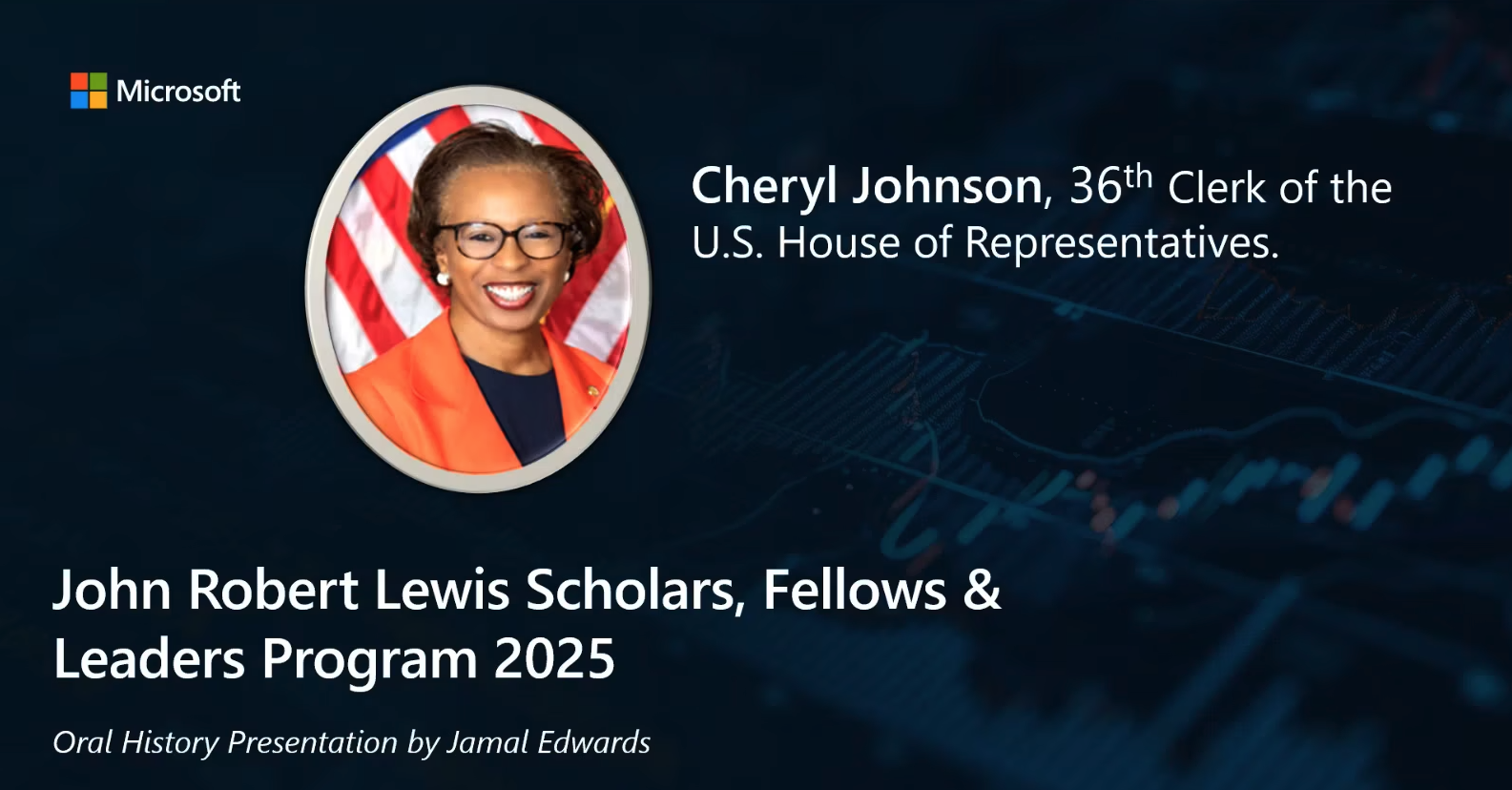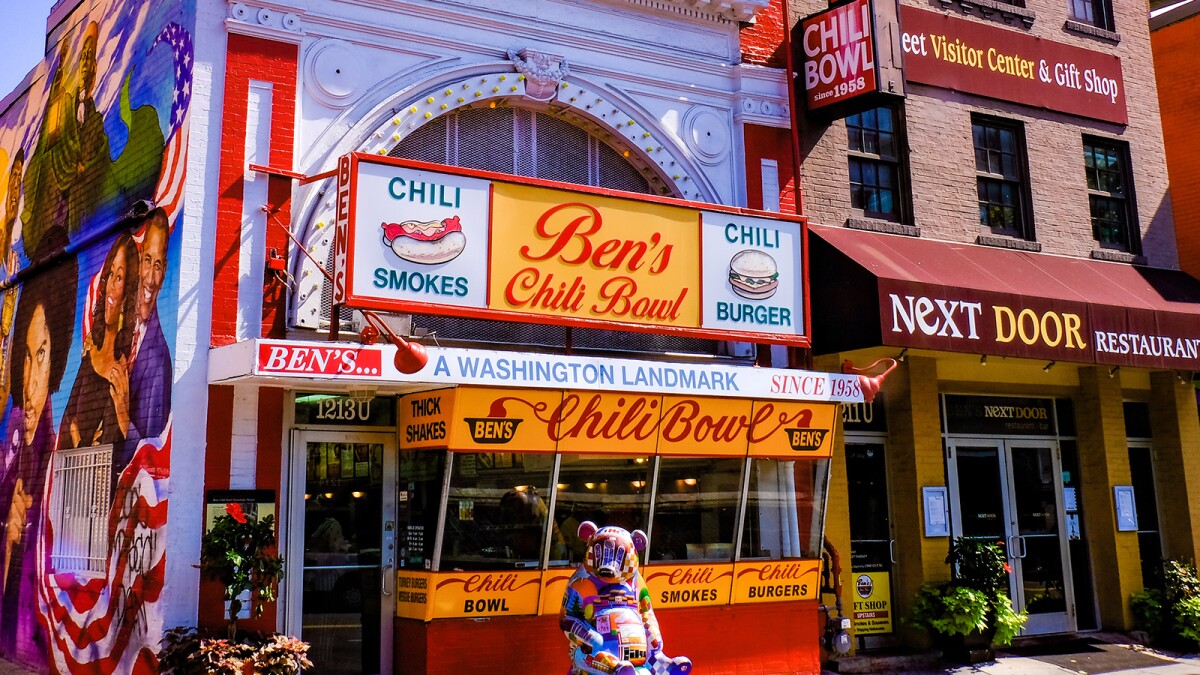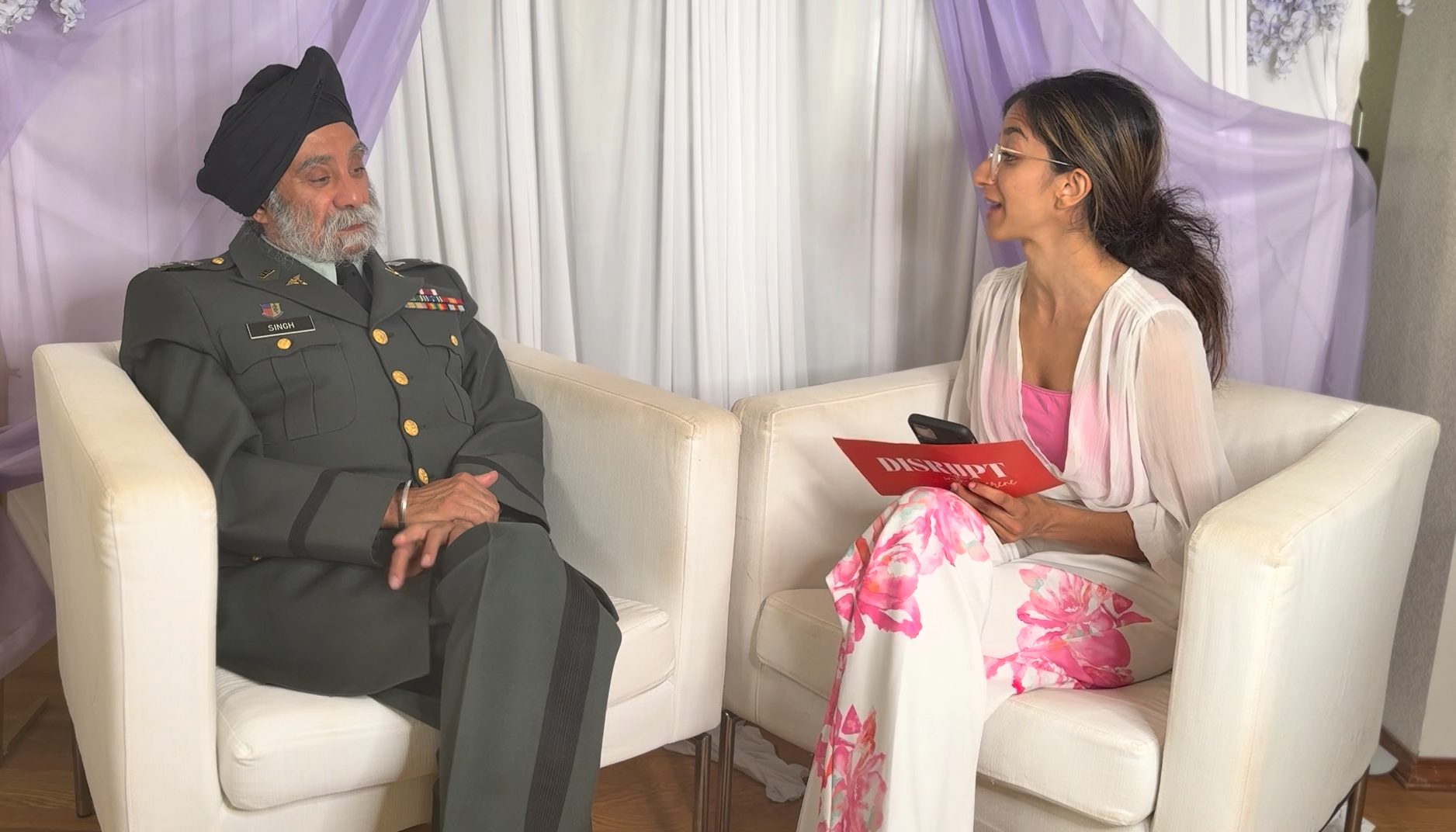Bringing leaders together for the good of our nation.
Oral History Projects
Conducted by the John Robert Lewis Scholars, Fellows & Leaders.
What is an Oral History?
Oral histories are collections of memories and personal commentaries of historical significance through recorded interviews.
An oral history interview generally consists of a well-prepared interviewer questioning an interviewee and recording their exchange in audio or video format. Oral history does not include random taping, nor does it refer to recorded speeches, wiretapping, personal diaries on tape, or other sound recordings that lack the dialogue between interviewer and interviewee.
Why do the John Robert Lewis Scholars, Fellows & Leaders engage in oral history projects?
Collecting, preserving and sharing oral histories not only transmits knowledge from one generation to the next, but it also enhances our understanding of the past by illuminating personal experience. The real record of history is found in the lives of ordinary people who lived it. As part of the John Robert Lewis Scholars, Fellows & Leaders program, we pay homage to the leaders who stood before us by actively working to collect and present oral histories that provide a comprehensive narrative of history from those who experienced it firsthand.
What types of oral history projects do the John Robert Lewis Scholars, Fellows & Leaders create?
The John Robert Lewis Scholars, Fellows & Leaders each create an oral history project as their capstone of the program. They have interviewed Civil Rights Luminaries, friends, family members and more. Their projects have taken many forms, including presentations, documentaries, poems, and even interpretive dances. Scholars, Fellows & Leaders are given creative freedom to pursue projects that interest them and connect to their work.
Project Spotlights



